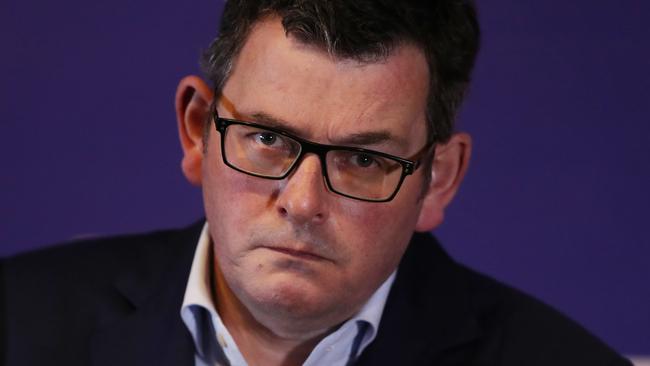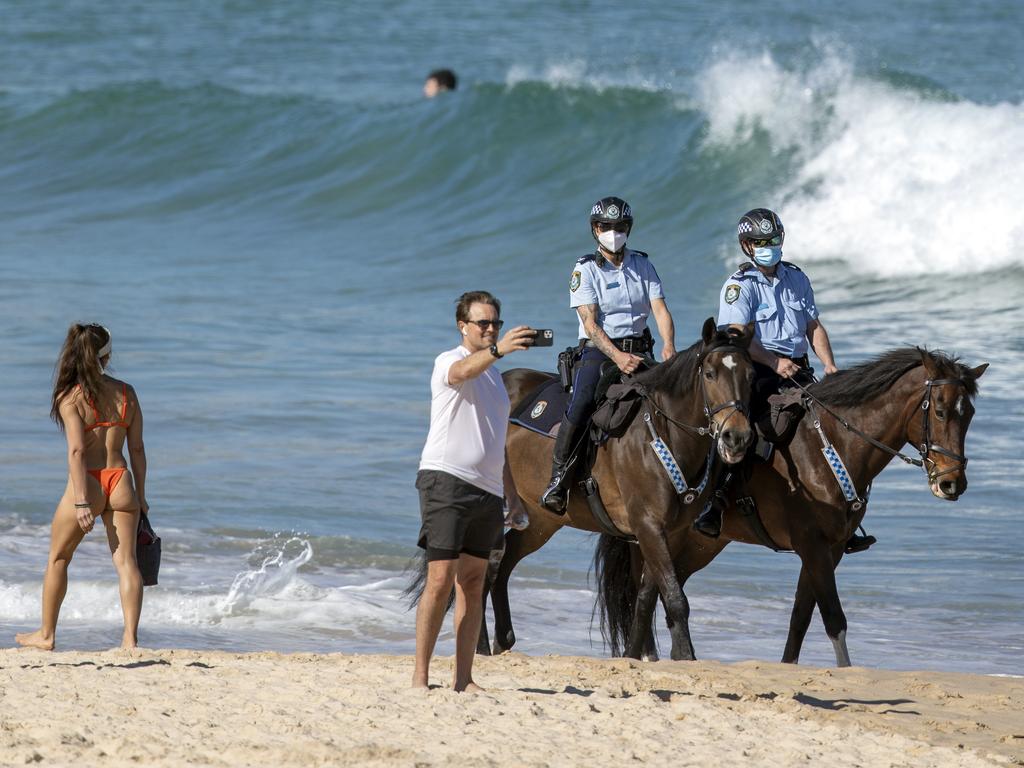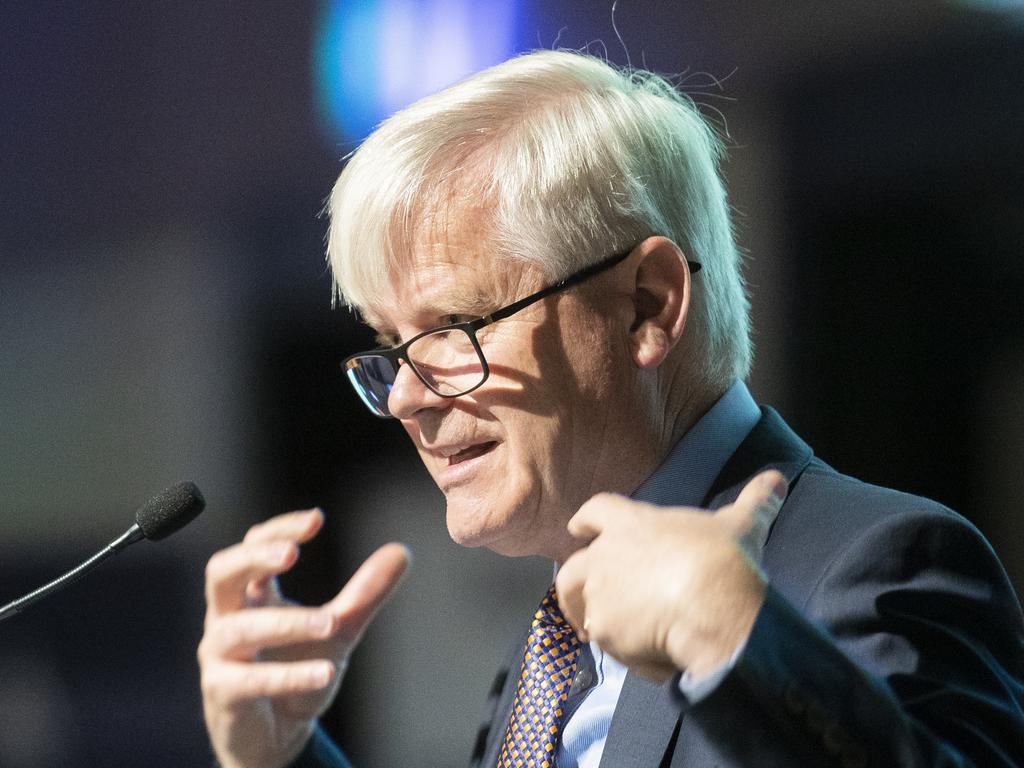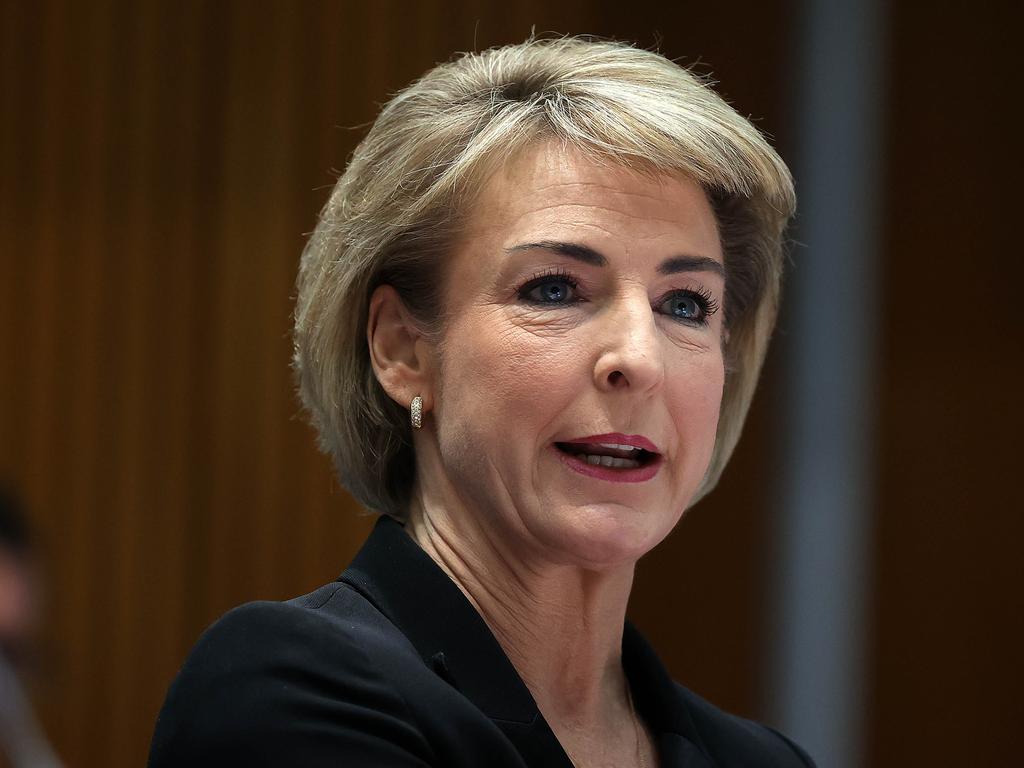Melbourne Covid-19 curfew is pointless, say police and experts
Melburnians will be living under a 9pm-5am curfew for at least the next 16 days, despite scepticism from epidemiologists and opposition from the police.

Five million Melburnians will be living under a 9pm-5am curfew for at least the next 16 days, despite scepticism from epidemiologists over the efficacy of the measure and opposition from the police union and civil liberties groups.
The curfew comes alongside a 14-day extension of Melbourne’s lockdown, and bans on the use of playgrounds and on drinking alcohol in public.
It was imposed as Victoria recorded 22 new coronavirus cases on Monday, including eight in people who had not been isolating during their infectious period.
Of the 204 cases linked to outbreaks that have emerged since August 4, 124, or 61 per cent, have been in people who spent time in the community while infectious.
The cases are spread across eight separate outbreaks for which contact tracers are yet to establish a source of infection.
Testing numbers have been falling away, with 29,986 tests processed on Sunday compared with 38,987 the previous Sunday.
Seizing on examples of what he termed “shitty choices”, Premier Daniel Andrews cited an illegal engagement party and a pub crawl held over the weekend in inner city Richmond in defending the imposition of more rules.
Senior health department medical adviser Michelle Giles told the Supreme Court last year there was no evidence a curfew in isolation was effective in stopping the spread of coronavirus during Victoria’s second wave.
Asked to justify the measure, Mr Andrews said: “It worked. It’s simply not up for debate. We had more than 700 cases and we took it down to zero.
“There was a package of measures. A curfew was one of them. That’s why the chief health officer has advised us to do it again, and that’s why we’ve made the decision to do it again.
“The real question, I would have thought, was for some other jurisdictions that don’t have a curfew,” Mr Andrews said in reference to NSW.
Chief health officer Brett Sutton said last year’s curfew was among a “suite of very successful interventions that was very successful” in bringing case numbers down, but it was very hard to assess the efficacy of the measure in its own right.
“A lot of these things will remain in a space where it can’t be definitive because they’ve been applied with a whole bunch of other interventions, but the curfew was part of a suite of very successful interventions,” Professor Sutton said.
ANU infectious diseases physician Peter Collignon said he had “never seen any evidence that curfews make a lot of difference”.
Professor Collignon said the focus should be on targeted measures to mitigate spread among essential workers, such as providing face shields or other eye protection. “To me there are other interventions that I think will have more effect that we haven’t done enough of yet,” he said.
Doherty Institute epidemiology director Jodie McVernon told ABC Radio National she did not believe a curfew would curb the spread of the virus.
“Personally, I’m not aware of any evidence that proves that curfews per se are particularly efficacious,” she said.
Liberty Victoria said Victorians were “yet to be provided with any evidence that shows curfews reduce the risk of transmission”.
“Merely making policing easier should not be a foundation for such restrictions on our freedom of movement,” the peak civil liberties group tweeted.
Police Association Victoria secretary Wayne Gatt said the “contentious” measure wasn’t popular with his members in 2020, and it remained their view.
“Our members didn’t really see great value in it to be quite honest,” he told 3AW.
“It’ll be the police again that’ll be asked to enforce it and we are stretched paper thin.”








To join the conversation, please log in. Don't have an account? Register
Join the conversation, you are commenting as Logout